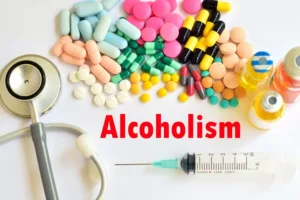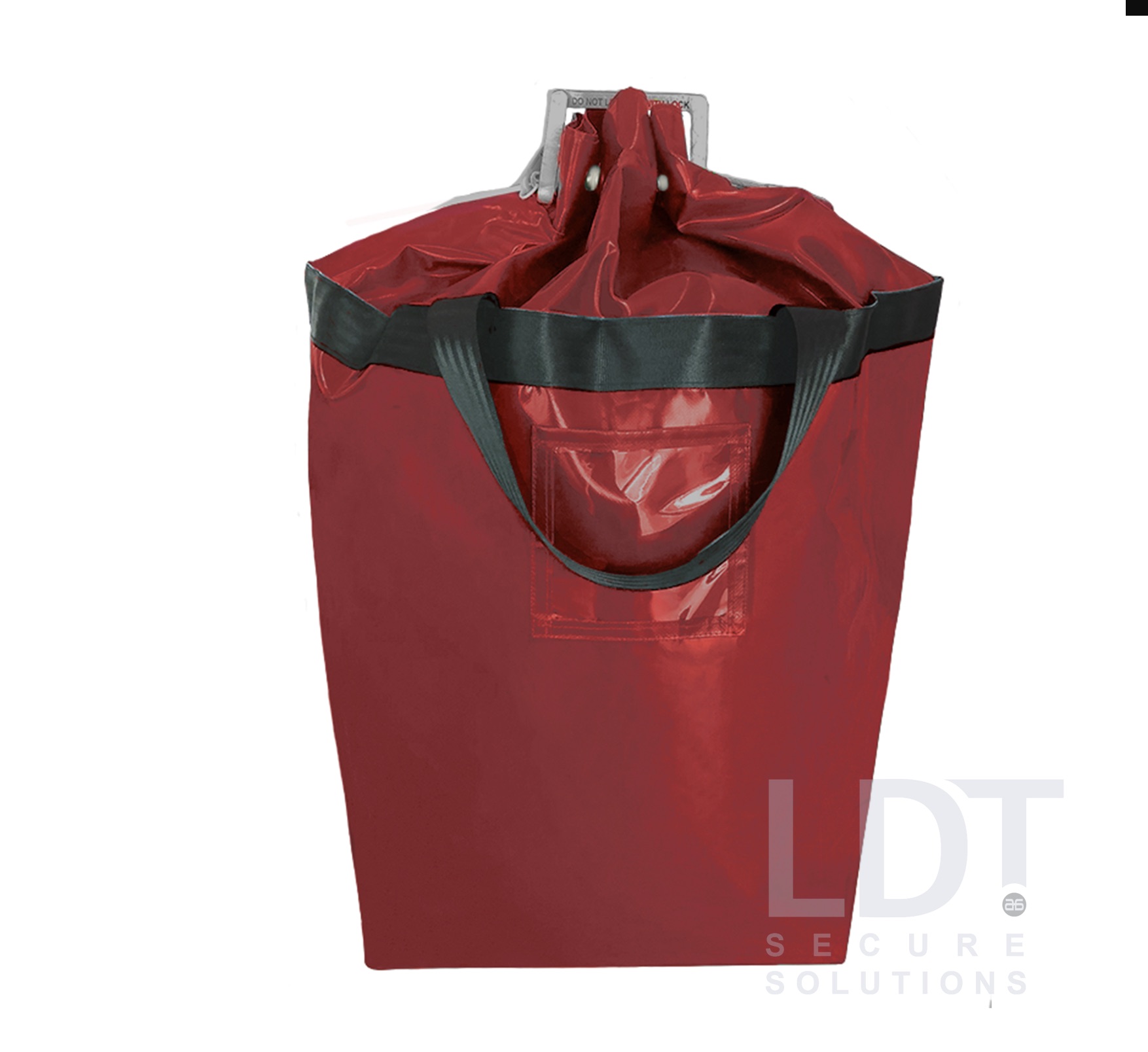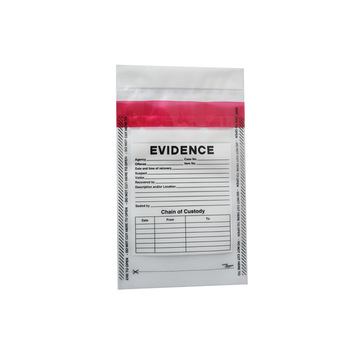Preventing Drug Misuse and Addiction: The Best Strategy National Institute on Drug Abuse NIDA

Finding the right facility for you involves the inclusion of a physician, therapist, or other healthcare provider to help you choose a facility to address all of your needs, including addiction and co-occurring disorders. Beyond that, you may narrow the field based on location, additional services, https://ecosoberhouse.com/ amenities, and accreditations and certifications. Furthermore, many treatment centers and facilities offer alumni programs that allow program graduates to stay involved. Alumni programs provide accountability and let individuals remain as part of the supportive recovery community.
Panel discussion examines how crack and opioid epidemics drew starkly varied responses

Another one of the most important ways to support recovery is to understand that multiple relapses over a number of years are typically part of the process. They are not occasion for blame or despair but for encouraging resumption of recovery. Families can develop awareness of a loved one’s emotional, environmental, and social triggers of substance use and manage those.
Withdrawal therapy
When those who are under stress need to relax, some turn to drugs or drink as an escape from reality. Others do it because they believe it enhances their creativity or allows them to stay awake when needed. Find trusted counselors, friends and advisors who will walk with you every step of the way on your journey to sobriety.

Addiction Training: Essential Skills for Professionals in Substance Abuse Treatment
Travis Rasco in Upstate New York says he’s grateful he got enough time, enough chances and enough help to rebuild his life. Eddie said their research suggests more needs to be done to keep people alive while the healing process works. Meanwhile those with more financial resources or milder forms of addiction often heal faster. “They fought to only keep me in [rehab] for 14 days; they didn’t want to pay for 30, and I knew that wasn’t enough for me,” Rasco recalled. “They didn’t want to put me in a halfway house. I knew I needed a half-way house.”
Pyotr Ilyich Tchaikovsky was a Russian composer who produced rousing orchestral scores such as the 1812 Overture and delicate operas such as Swan Lake and the Nutcracker. Russia in the late nineteenth century was a bit of a dismal place, and alcohol rapidly became Tchaikovsky’s crutch. If you think it’s important successful drug addicts to have someone involved but worry that it may create an issue during the intervention, consider having that person write a short letter. After researching several units and facilities, we found one that worked. I went, did my 2 weeks, met some amazing people, and made some close friends who set me straight.

- He left formal education early, which he said led to party drugs, heroin and then methadone.
- The impact of recovery extends beyond the individual, rippling out to families, friends, and entire communities.
- Thus, the validity of spontaneous recovery is primarily anecdotal at this point.
- Studies show that motivational interviewing helps those struggling with addiction to resolve any ambivalence about giving up drug use and inspires them to commit to behavioral change.
- When chosen, inpatient/residential care is most often utilized for the acute phase of recovery only, to see people through withdrawal, a period that usually lasts a week to a month and, while it is uncomfortable for all, poses real dangers to a few.
- While many people learn from their parents that they are inherently valuable, many others do not.
- Despite the high prevalence of substance use disorders (SUDs), many people struggle to access and receive effective treatment.
Stephen King
- Each narrative of triumph over addiction chips away at the feelings of hopelessness and isolation that often accompany substance abuse.
- More specifically, he expected his children not to drink, and they did what they could to respect his wishes.
- He had committed to sober living and expected his children to respect his rules concerning alcohol in the home.
- One of the most fundamental is assessment and treatment of any mental health conditions that underlie substance use (often called dual diagnosis).
- The gap between need and intervention has also appeared on the agenda of planners of alcohol interventions in Europe.












